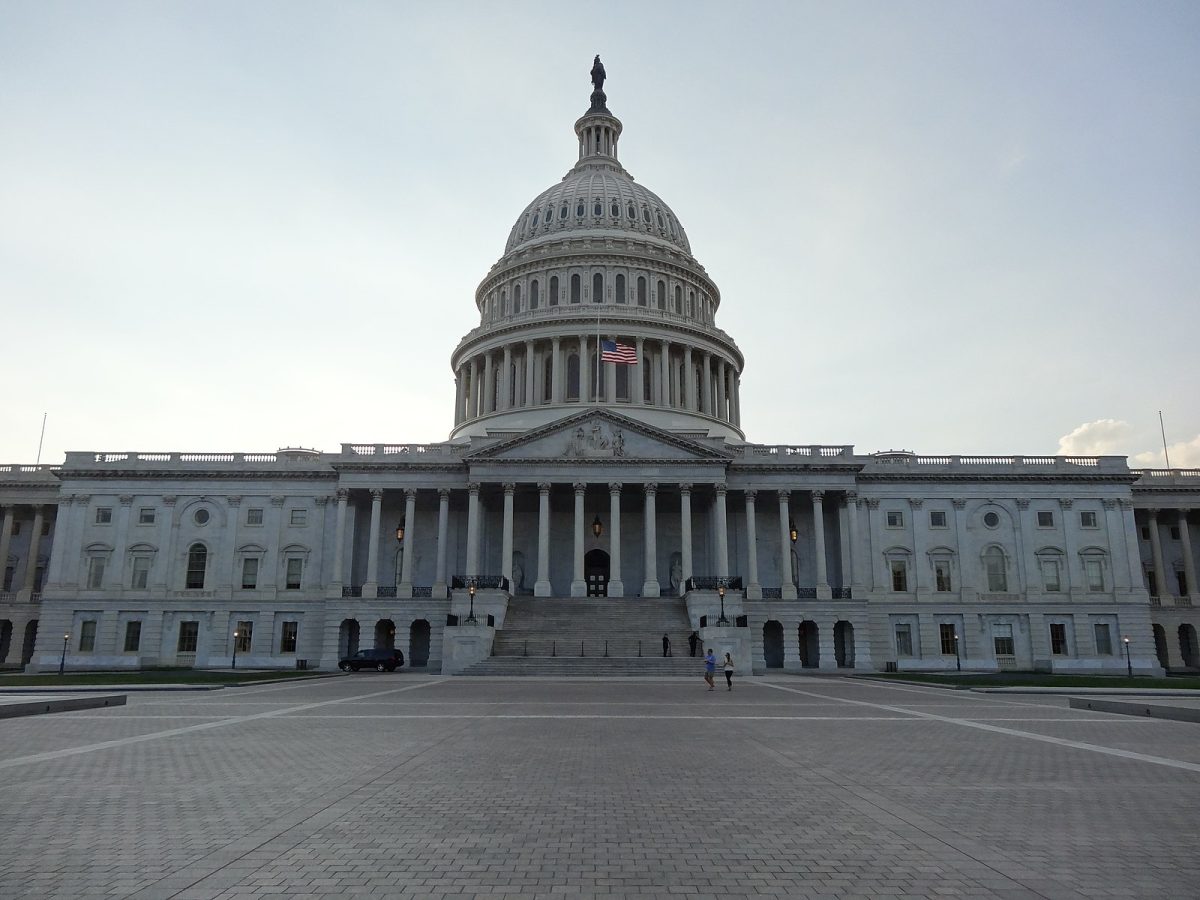In May 2025, Dickinson faculty adopted and implemented an agreement to encourage a partnership between select schools to mutually defend academic freedom from federal government interference. The Mutual Academic Defense Compact (MADC) resolution was passed by Dickinson faculty and is now in the early stages of development at the college.
The idea for MADC was initially brought up at an American Association of University Professors (AAUP) local chapter meeting, an organization dedicated to serving and protecting American professors. AAUP champions “quality in education and academic freedom,” according to the organization.
Under the Trump administration, institutions of higher education and academic freedom have been under attack. Recently, aprofessor and two administrators at Texas A&M University were fired for suggesting, during a class lecture, that there are more than two genders. Alleged antisemitism by Harvard University led to its legal battle against Trump, during which the Trump administration has wrongfully frozen federal grants.
In 1940, the AAUP created a statement now endorsed by 280 educational associations, including Dickinson, that is the basis for the definition of educational freedom across institutions. It emphasizes the right of teachers to have the freedom to explore and learn about issues in their field without interference from outside groups.
After the AAUP meeting, the concept for MADC was brought to Dickinson faculty, and a resolution passed with 80% support. This display of solidarity showed the strong approval of such protections for academic freedom at Dickinson college. “That was an overwhelming show of support for the Academic Defense Compact,” says Erik Love, Associate Professor of Sociology.
Having passed the resolution, Dickinson began reaching out to institutions with the intention of creating a partnership among other liberal arts colleges. “The Annapolis group is a group of 128 liberal arts colleges that shares a longstanding commitment academic freedom, interdisciplinary inquiry in the pedagogical practices that gender critical thought and civic engagement,” said Professor Adeline Soldin of the French and Francophone Studies Department at Dickinson.
The College is using the members of the Annapolis Conference as a starting point as to which schools they may be interested in connecting with.
The colleges agreed to provide support for each other in a multitude of ways, including legal support against challenges to academic freedom, public engagement, and general communication between institutions.
“[Responses] could be financial, but that could also be other resources as well, is, you know, like, you know, legal responses, public speaking responses, you know, research, scholarship. There are multiple ways of responding,” says Soldin.
While the MADC is still in the early stages of development, it indicates a continued defense of academic freedom by Dickinson. During this time of difficult relations between the federal government and higher education institutions, the compact is meant to protect and support academic freedom for both students and faculty here at Dickinson.





